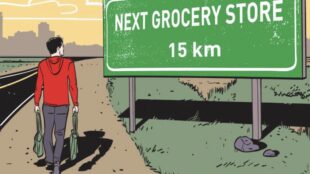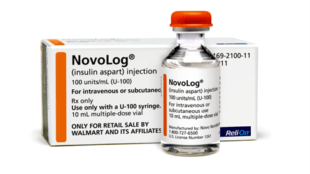Job Retraining and the Future of Work
(Source) In recent years, the face of work in the United States has been rapidly changing. As the nation begins to adopt new technologies and automation in the workplace, the demand for unskilled labor is simultaneously declining. With the expansion of alternative energy sources, the American tech sector, electric vehicles, etc., the need for technical workplace skills and advanced training is becoming more prevalent. While this new industrial revolution offers convenience and utility to consumers, it presents the national labor force with an interesting predicament. Absent some sort of intervention, one would imagine that this change could drastically increase unemployment, particularly in those who lack the skills or educational backgrounds required to perform the skilled labor high-tech firms will demand. To adequately address this evolving issue, the federal government may be forced to explore various solutions including job retraining programs or perhaps, universal basic income. The [read more]










